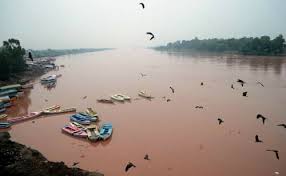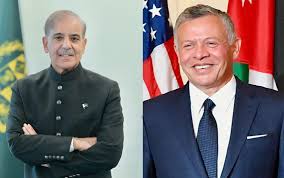Shahpurkandi Dam: India-Pakistan experts advocate cooperation for water security

As the Shahpurkandi barrage on the river Ravi in the Indian state of Punjab nears completion, there are fears in downstream Pakistan. The dam, proposed three decades ago, has the potential to irrigate 5,000 hectares of agricultural land in Punjab and over 32,000 hectares in India-held Jammu and Kashmir. But the dam will stop any flow of river water to downstream Pakistan, with newspaper headlines being largely dominated by accusations of ‘water war-mongering’.
The Ravi is part of the six rivers of the Indus basin that are governed by the Indus Waters Treaty (IWT). Signed in 1960 between the two countries, the IWT is one of only two major transboundary water treaties in South Asia (the other being the 1996 Ganges treaty), considered one of the great successes of water diplomacy.
The Third Pole invited two experts — Erum Sattar of Pakistan and Uttam Kumar Sinha from India — to weigh in on what the development means for the IWT as well as the long-term impacts on the Indus basin in ecological terms.





